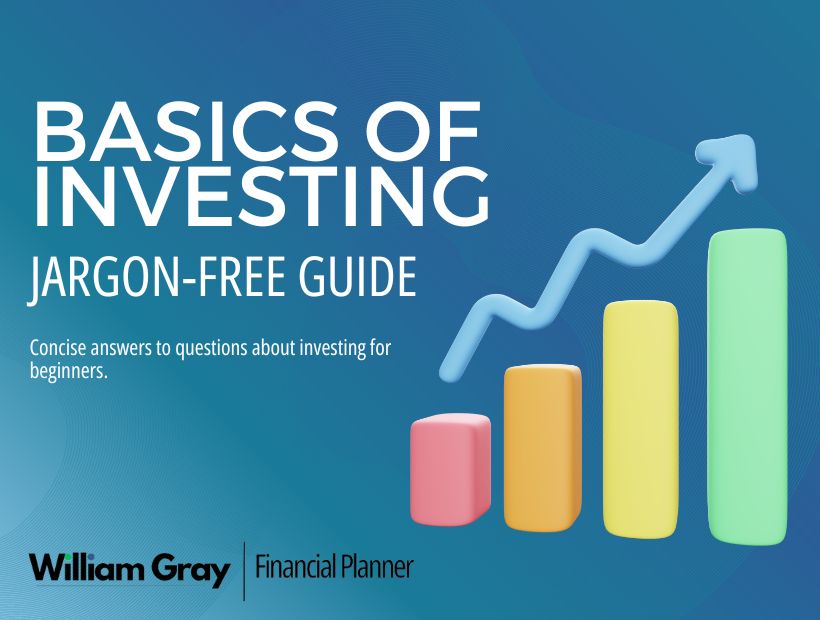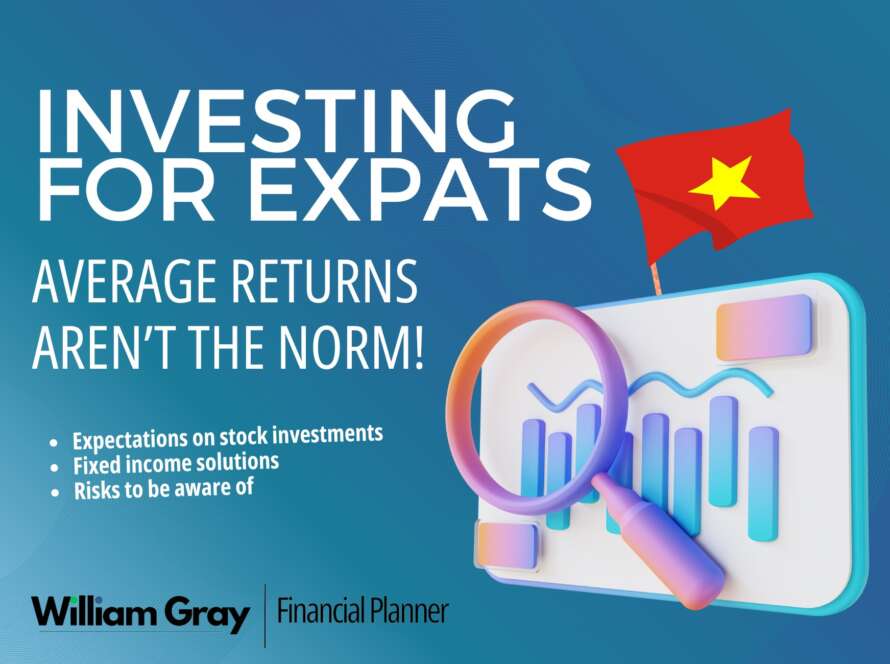Relying on an international debit or credit card in Vietnam can cost a lot over time. On top of this, many outlets only accept cash or transfers via QR.
Opening a bank account in Vietnam is essential for day-to-day living in the country. Still, many expats struggle with the process – mainly due to a lack of available English-language instructions on how to do it.
This short blog will answer your questions.
Who can open a bank account in Vietnam?
Not just anyone. You’ll need to be employed or have a temporary residence card to open a bank account in Vietnam. There were stories of branches opening accounts for people on tourist visas — and indeed I’ve known people who have done this — but times are changing and the banks are becoming stricter on who they allow to open an account. This was recently demonstrated with the introduction of mandatory biometric approval for all transactions over a certain threshold.
Vietnam is making more of an effort to combat money laundering and prevent criminal proceeds from penetrating its banking system. This, alongside the fact that the country’s financial services sector is still in a phase of ongoing development, means there are restrictions on foreigners opening bank accounts.
How to open a bank account in Vietnam?
To open a bank account in Vietnam, you will need:
- a work permit or temporary residence card (TRC),
- your passport,
- potentially an employment contract,
- proof of address, and
- completed forms provided by the bank
This is the minimum required by banks in Vietnam to open accounts for foreign nationals.
It’s important to note that your bank account is tied to your visa, meaning when your visa expires your bank account will be locked until you go into the bank with your new visa and have it reactivated.
For this reason, it may be wise not to keep large surplus of cash in your Vietnamese account. International transfers can be cumbersome and carry fees. It might be wise to be paid partly in Vietnamese Dong (VND) and partly into an international bank account.
How to choose a bank account in Vietnam:
Service quality and account features vary between providers. To make your life easier, consider the following:
- Choose one of the larger banks with a good reputation. Some private banks are often said to provide higher service quality than State-owned banks, although this may vary on a case-by-case basis.
- International banks operating inside Vietnam often have lower fees for international transfers, but may have more requirements when opening an account.
- Try to find a local branch with English-speaking staff.
- Make sure your card works abroad. While you might not be relying on it when overseas, it’s still good backup feature to have.
- Make sure the bank’s online services are up to scratch. Most of the larger banks have modern apps and good online service.
Digital Banks
You might consider using a digital bank to transfer money into Vietnam from abroad more cheaply. These digital banks often have competitive foreign exchange fees and often offer free ATM withdrawals up to a certain limit.
You should be aware that digital banks are often not covered by the Financial Services Compensation Scheme (UK) and other equivalent schemes elsewhere. Check your home country’s rules regarding financial compensation schemes and what institutions are covered before proceeding.
Safety Tips When Banking in Vietnam
Also be wary of giving out your card details – especially the three digit security pass on the back of your card. Where possible, opt for a bank transfer when paying for things instead of handing over your card.
Be wary when using ATMs as thieves have been known to either operate around them or attach devices that can read your card. It is worth monitoring activity on your account and reporting any suspicious activity as soon as it arrises. Don’t access your account using unsecured WiFi connections and be wary of CCTV or people around you when entering your password.
Always report suspicious activity and make sure to freeze your card should you ever lose it.
If you have any further questions, feel free to drop me an email at william.gray@infinitysolutions.com, or book a free consultation online or in person (in Hanoi) and we can explore your wider financial planning needs – or learn more about my services first.
Please note that I do not work for a bank and nothing in this article should be considered financial advice – it is all for informational purposes only. Always consult a professional and do your own due diligence before entering into contracts.


